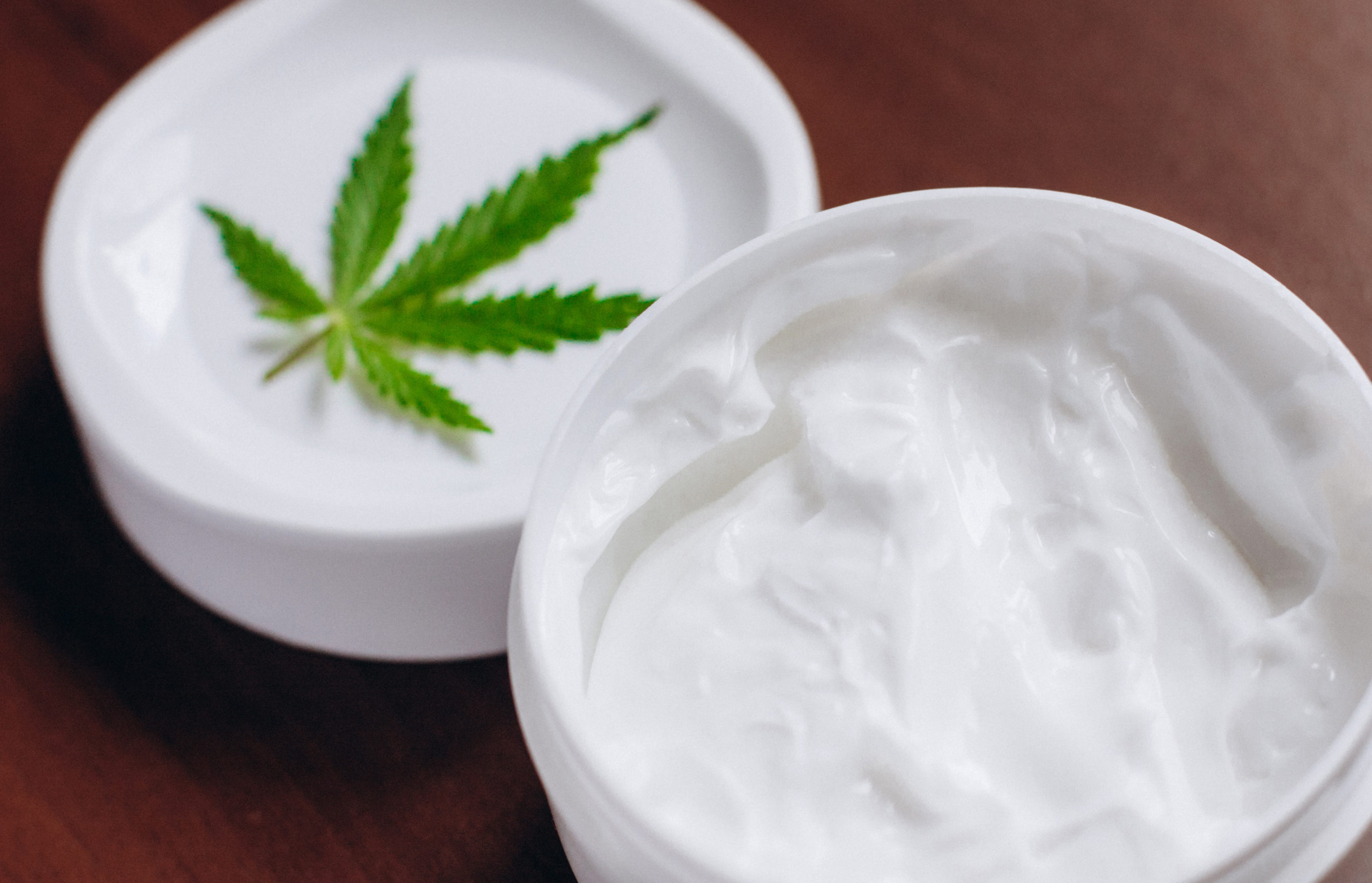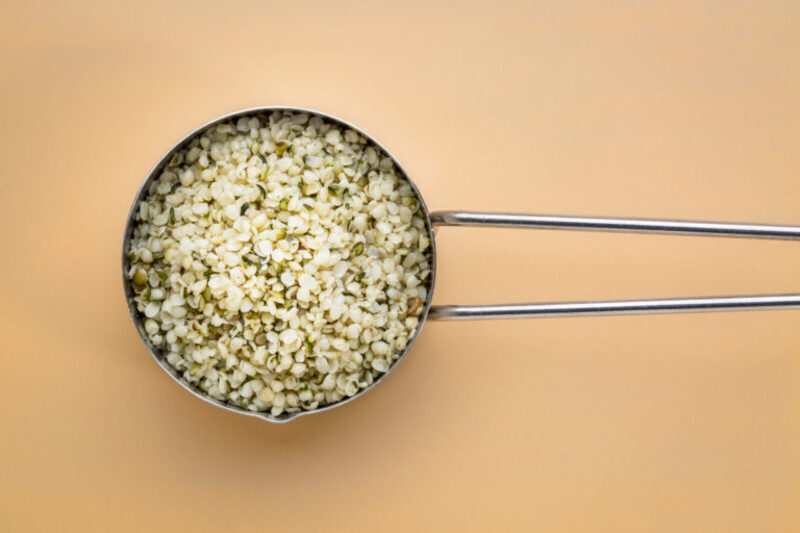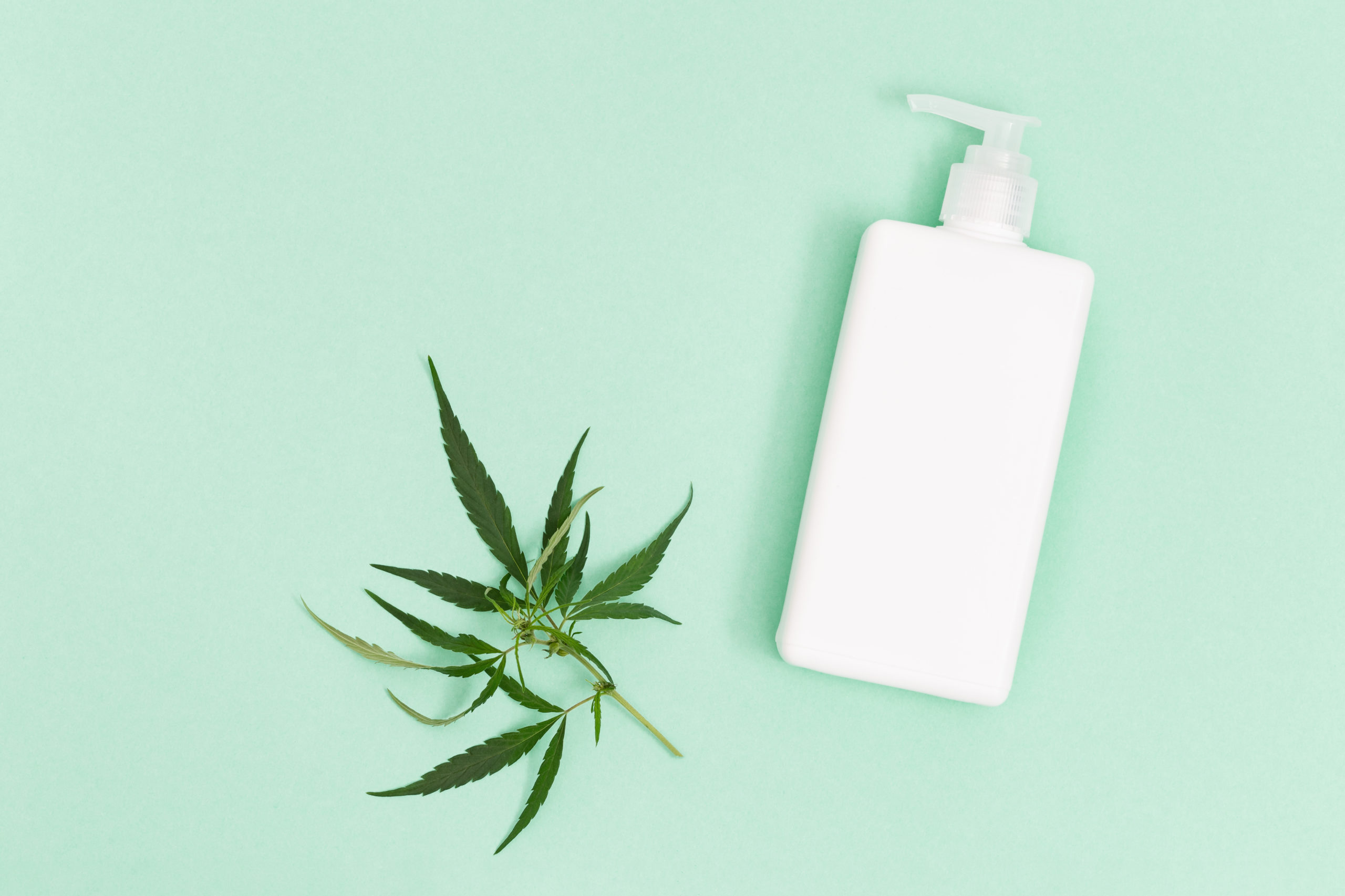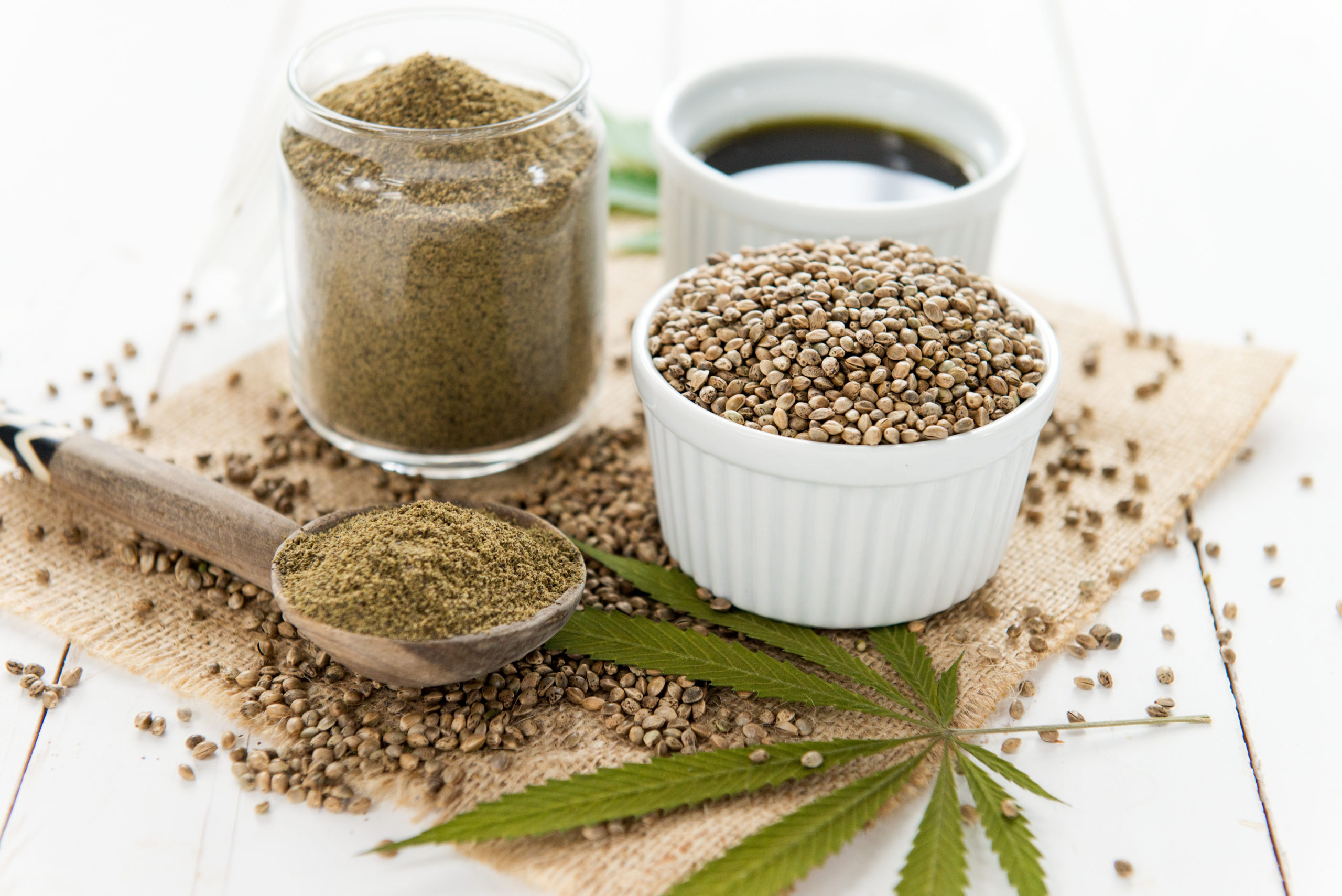-
- Market Research
- |
- CBD Near Me
- |
- Giveaways
- |
- Newsletter
- |
- Contact
- |
- Advertise
- |
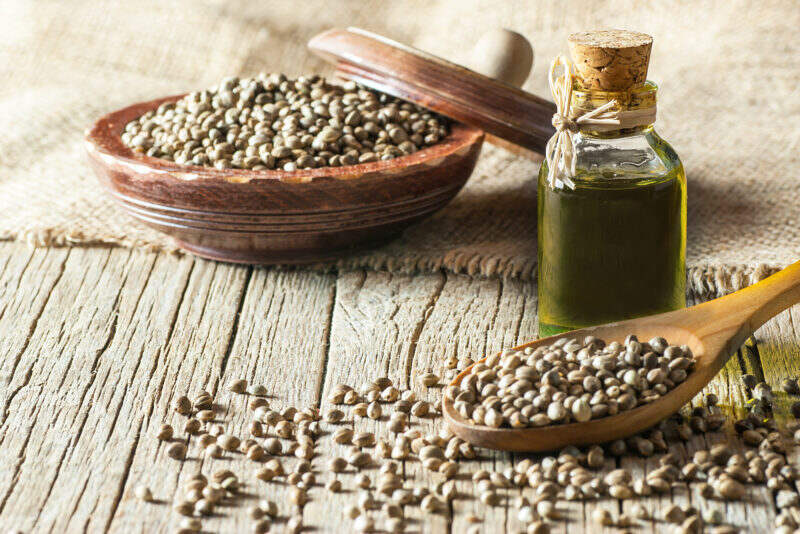
There’s a lot of confusion around hemp seed oil. You may find yourself asking questions like: What is hemp seed oil? Will I get high from hemp seed oil? Is hemp seed oil the same as CBD oil? What are the benefits of hemp seed oil? We’ve put together a guide that answers these questions.
Hemp seed oil, sometimes referred to as hemp oil, is extracted from hemp seeds using cold press extraction. This method gives producers the ability to extract oils and fats stored within hemp seeds while avoiding the use of harsh chemicals or solvents. This results in a concentrated extract that is considered unadulterated and pure, both of which are desired by consumers.
Potential Benefits of Hemp Seed Oil

Not only does hemp seed oil present multiple uses in the manufacturing and production of many consumer goods like paints, fibers, soaps, and detergents, but research also suggests that there are potential benefits for our bodies as well.
Nutrition
A study conducted by the department of Pharmaceutical Chemistry at the University of Kuopio explored hemp seed oil as a nutritional resource. Researchers found that hemp seed oil is roughly 25% protein, which is on par with the protein content of beef. The study also reports that hemp seed oil contains a “considerable amount of dietary fiber, vitamins, and minerals.”
The Chemical Central Journal published results of a study that also looked into hemp seed oil’s nutritional benefits. Their findings reflect those of the University of Kuopio study. Researchers additionally found hemp to be a considerable source for zinc, iron, calcium, magnesium, potassium, phosphorus, and more.
Skin
Hemp seed oil is classified as a non-comedogenic substance, meaning it doesn’t clog pores. For this reason, hemp seed oil has stormed the cosmetic world, becoming widely used in moisturizers, makeup, salves, and more.
A clinical trial published in the Journal of Dermatological Treatments explored the efficacy of hemp seed oil in patients with atopic dermatitis. Researchers compared the use of hemp seed oil to olive oil over the course of 20 weeks in atopic dermatitis patients. The results were nothing short of promising.
Researchers found that the use of dietary hemp seed oil resulted in “significant changes in plasma fatty acid profiles and improved clinical symptoms of atopic dermatitis.” It is hypothesized that these results were due to the “balanced and abundant supply of [polyunsaturated fatty acids found in hemp seed oil].”
Additionally, a study published in the American Journal of Clinical Nutrition suggests that polyunsaturated fatty acids (PUFAs) like those found in hemp seed oil may also benefit the skin. The study found that PUFA supplementation may result in the generation of anti-inflammatory metabolites, suggesting that our immune systems may rely on PUFAs for homeostasis.
Brain
Clinical findings published by the Mayo Clinic report that hemp seed oil was not only a great source of omega-3 and omega-6 fatty acids, but that it also contains antioxidants and gamma linolenic acid (GLA).
Often referred to as the healthy fats, omega-3 and omega-6 are believed to provide neuroprotective benefits. Reports suggest that these fatty acids, which are abundant in hemp seed oil, may protect against Alzheimer’s disease, reduce symptoms in patients suffering from rheumatoid arthritis, and even reduce the severity of depression in some cases.
Heart

Given hemp seed oil’s high levels of omega-3 and omega-6 fatty acids, it should come as no surprise that researchers have questioned its potential cardiovascular benefits. Researchers at the University of Seville published findings that suggest hemp seed oil may indirectly lead to decreased blood pressure because of its high omega acid content.
Researchers are also exploring hemp seed oil’s potential role in lowering the risk of heart disease, which is the top cause of death worldwide, according to the World Health Organization.
Hemp seed oil is abundant in arginine, an essential amino acid. According to a study conducted by the Cleveland Clinic Foundation, dietary arginine intake is correlated with a reduction in C-reactive proteins. Individuals with high levels of C-reactive proteins are found to be at a higher risk for heart disease. In other words, an increase in arginine, like that found in hemp seed oil could possibly result in a decreased risk for heart disease.
Weight and Hormone Management
GLA, which hemp seed oil contains high concentrations of, plays a role in the regulation of several aspects in the human body.
Many symptoms of premenstrual syndrome (PMS) and menopause are believed to be a result of an individual’s sensitivity threshold to prolactin, a naturally occurring hormone. A study published in the Journal of Reproductive Health found that dietary GLA reduces this sensitivity to prolactin, reducing PMS symptoms.
In terms of weight management, hemp seed oil has been found to be an excellent source of dietary fiber. Proper fiber intake is a crucial part of your body’s ability to generate and maintain essential digestive bacteria. Additionally, soluble fiber has been linked to the reduction of blood sugar spikes and regulation of cholesterol.
Hemp Seed Oil Side Effects
Hemp seed oil is considered safe for the general population, but this doesn’t mean that you shouldn’t monitor for changes.
As with any new cosmetic or topical product, users of topical hemp seed oil should conduct a small test application (usually on the inner wrist/forearm) before applying to larger areas. This allows them to determine if they may be sensitive or allergic to hemp seed oil and/or any other compounds found in the product.
If adding hemp seed oil to your diet, the most commonly reported side effect is temporary mild diarrhea. This side effect typically resolves on its own once a user’s body becomes accustomed to the hemp seed oil supplementation. If you find that this symptom continues, you should reduce your intake of hemp seed oil until things return to normal. Once normalized, you can begin slowly increasing your daily intake until you find your sweet spot.
Is Hemp Seed Oil the Same as CBD Oil?
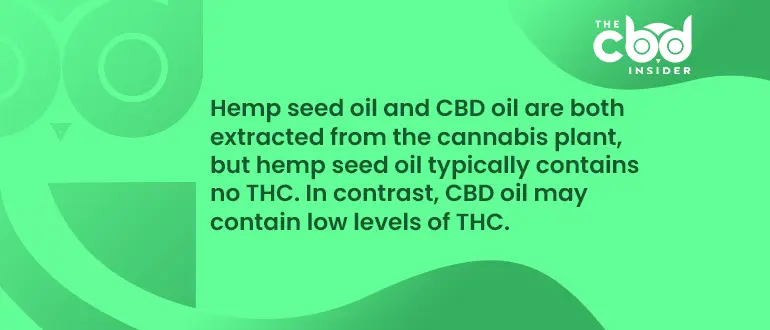
Although hemp seed oil and CBD oil are both extracted from the cannabis plant, they are different in most aspects. Hemp seed oil is specifically extracted from seeds, while CBD oil is typically extracted from mature cannabis plants.
Hemp seed oil typically contains no THC, the psychoactive compound found in some cannabis plants. This means that unless your hemp seed oil specifically states that it contains THC, you won’t experience any of the euphoric effects often associated with cannabis. Additionally, hemp seed oil typically contains negligible, if any, CBD.
CBD oil may contain low levels of THC (typically less than 0.3%) which is not a high enough concentration to cause intoxication, but those who are sensitive to THC or may be drug tested should specifically look for THC-free CBD products.
Conclusion
With so much attention currently on CBD oil, it is easy to overlook hemp seed oil as an additional tool in your quest for optimal health. Both products have shown promise in their specific potential health benefits.
If you’re interested in more information regarding hemp seed oil or CBD oil, we recommend checking out our deep-dive article that explores the differences between these two compounds. Additionally, be sure to sign up for our free newsletter, an excellent source for the latest hemp and CBD news, as well as product reviews.


